If you’ve been feeling bloated, sluggish, or just “off,” your gut might be sending distress signals. The foods you eat play a huge role in your digestive health, influencing everything from nutrient absorption to mood and immunity. Some everyday ingredients can disrupt the delicate balance of your gut microbiome, while others help it thrive. In this guide, we’ll highlight 12 common foods that may be harming your gut—and 12 that can help restore harmony. Small changes to your diet can lead to big improvements in digestion, energy, and overall well-being. Your gut will thank you.
1. CUT: Processed Foods
Lurking in snacks, frozen meals, and fast food, processed foods often come loaded with artificial ingredients, unhealthy fats, and excess sodium. These components can throw your gut microbiome out of balance, promoting inflammation and crowding out beneficial bacteria.
Additives like preservatives, flavor enhancers, and emulsifiers have been linked to irritation of the intestinal lining. Over time, a steady diet of processed foods may lead to digestive issues, sluggish metabolism, and a weakened immune response. If you rely on convenience foods often, consider dialing back and reaching for whole, minimally processed alternatives that support—not sabotage—your gut.
2. CUT: Fried Foods
That crispy coating might be satisfying, but fried foods can wreak havoc on your gut. Cooking oils heated to high temperatures create compounds that are hard to digest and can trigger inflammation in the gastrointestinal tract. These greasy bites are often low in fiber and high in unhealthy fats, making them a gut-disruptive duo. Regularly eating fried food may slow digestion, increase bloating, and negatively affect the diversity of your gut bacteria. Swapping fried options for grilled, roasted, or air-fried alternatives is an easy way to protect your digestive system while still enjoying flavor and crunch.
3. CUT: Excessive Alcohol
While the occasional drink isn’t likely to disrupt your digestion, frequent or heavy alcohol consumption can have a noticeable effect on your gut. Alcohol irritates the lining of the digestive tract, increasing permeability and making it easier for harmful substances to pass into the bloodstream—a condition known as “leaky gut.” It also reduces the variety of gut microbes and may feed the growth of unwanted bacteria. If you often feel off after drinking, your gut could be reacting. Limiting alcohol and hydrating with water or herbal teas can go a long way in restoring gut balance.
4. CUT: Artificial Sweeteners
Despite being calorie-free, artificial sweeteners like aspartame and sucralose can be anything but neutral for your gut. Studies suggest they may alter the composition of your microbiome, favoring the growth of harmful bacteria while suppressing the good guys.
This imbalance can lead to digestive discomfort, bloating, and even glucose intolerance. While marketed as a healthy alternative to sugar, artificial sweeteners may unintentionally contribute to the very metabolic issues they’re supposed to help prevent. If you’re watching sugar intake, consider using natural alternatives like stevia or honey in moderation, and keep an eye on ingredient labels.
5. CUT: Red & Processed Meats
Burgers, bacon, and deli slices might be protein-packed, but they’re not doing your gut any favors. Processed meats often contain nitrates and preservatives, which can upset the microbial balance in your intestines. Red meat, especially when eaten in large quantities, has been linked to higher levels of inflammation and reduced diversity in gut bacteria. These changes can impair digestion and may even increase long-term risk of gastrointestinal issues. Instead of cutting meat entirely, try eating it less often and replacing some servings with fiber-rich plant-based proteins that help your gut thrive.
6. CUT: Artificial Additives & Emulsifiers
You might not recognize them by name, but ingredients like polysorbates and carrageenan are common in processed foods and can be rough on your gut. These additives are used to improve texture and shelf life but have been shown to interfere with the gut barrier and microbiome in some studies.
They may increase inflammation, alter bacterial balance, and contribute to symptoms like bloating or irregularity. Even small amounts consumed regularly can add up. Reading ingredient labels and focusing on whole foods with minimal additives is one of the simplest ways to support gut resilience.
7. CUT: Sugary Beverages
Sodas, energy drinks, and even some “healthy” juices are packed with added sugars that can disrupt your gut environment. Excess sugar feeds harmful bacteria and yeast in the digestive tract, allowing them to flourish at the expense of beneficial microbes. This imbalance can lead to bloating, gas, and inflammation throughout the body. Over time, sugary drinks may contribute to insulin resistance and other metabolic concerns linked to poor gut health. Replacing them with water, unsweetened teas, or naturally flavored seltzers is a smart, easy step toward healing your microbiome.
8. CUT: Refined Grains
White bread, pastries, and processed cereals may be convenient, but they come stripped of the fiber your gut needs to stay healthy. These refined grains are digested quickly, causing spikes in blood sugar and offering little to no support for your gut bacteria. Without adequate fiber, digestion slows down and beneficial microbes go hungry. Over time, this can affect everything from regularity to inflammation levels. Choosing whole grains like oats, brown rice, or quinoa provides prebiotics and sustained energy, creating a much more hospitable environment for your digestive system.
9. CUT: Excessive Caffeine
A cup of coffee in the morning is harmless for most, but guzzling caffeine throughout the day can irritate your digestive tract. High caffeine intake may speed up intestinal motility too much, leading to loose stools or discomfort. It can also affect the gut-brain axis, increasing anxiety and indirectly influencing digestion.
Some people experience reflux, cramps, or disrupted microbiome activity when overdoing caffeine. If your gut feels unsettled, try cutting back slowly and observing the results. Replacing some cups with herbal or low-caffeine options could offer relief without sacrificing your routine.
10. CUT: Dairy (for lactose-intolerant individuals)
For those sensitive to lactose, even a splash of milk can cause trouble. Symptoms like cramping, bloating, and gas arise when the body lacks the enzyme needed to properly digest lactose, the sugar found in dairy. These reactions not only make you uncomfortable but can also disrupt the balance of your gut bacteria and inflame the digestive lining. While not everyone is affected, it’s worth paying attention to how dairy affects your system. Fortunately, there are now plenty of lactose-free or plant-based alternatives that are gentler on digestion and still deliver essential nutrients.
11. CUT: High-Fructose Corn Syrup
Common in sodas, packaged snacks, and condiments, high-fructose corn syrup is more than just empty calories—it’s a known disruptor of gut balance. Consuming too much of this sweetener may encourage the growth of bad bacteria and yeasts, tipping the scales toward inflammation and discomfort. It’s also been linked to metabolic issues that impact digestion and nutrient absorption. The trouble is, HFCS often hides in unexpected places, so it pays to check labels carefully. Cutting back and choosing products with natural or no added sweeteners can help keep your gut on the right track.
12. CUT: Tap Water (in certain areas)
While water is essential for digestion, the quality matters. In some areas, tap water may contain chlorine or other disinfectants designed to kill harmful microbes—but these can also damage beneficial gut bacteria. Over time, frequent exposure might impact microbial diversity and gut lining integrity, especially in people with sensitive digestion. Filtering your water is a small step that could have a meaningful impact, especially if you’re already taking other steps to improve your diet. When in doubt, checking local water reports and choosing a reliable filtration method can help protect your gut’s delicate balance.
13. EMBRACE: Yogurt
Packed with live active cultures, yogurt is one of the easiest and most effective ways to nourish your gut. These probiotics help replenish beneficial bacteria, support digestion, and keep your microbiome in balance. Choose unsweetened, plain varieties with “live and active cultures” listed on the label to avoid counterproductive added sugars. Greek yogurt adds an extra punch of protein while still offering gut-boosting benefits. Whether eaten solo, blended into smoothies, or used as a creamy base in dressings, yogurt is a versatile and powerful ally for better digestion and a stronger gut lining.
14. EMBRACE: Kimchi
This spicy Korean staple does more than add a kick to your meals—it delivers a potent dose of probiotics and digestive enzymes. Made from fermented cabbage and radishes, kimchi supports microbial diversity and may reduce inflammation in the gut.
It’s also rich in fiber, which feeds beneficial bacteria and helps regulate bowel movements. Regularly eating kimchi may help reduce bloating, improve nutrient absorption, and support a more robust immune response. Just a few forkfuls a day can make a noticeable difference in how your gut feels—and how your body functions overall.
15. EMBRACE: Sauerkraut
Tangy and crunchy, sauerkraut is another fermented favorite that works wonders for your gut. It contains natural probiotics that aid digestion, restore balance in the microbiome, and help strengthen your intestinal barrier.
Sauerkraut also offers fiber, vitamin C, and iron, making it a nutrient-rich choice for both your gut and your immune system. Just be sure to choose unpasteurized varieties found in the refrigerated section—these retain their live cultures, unlike shelf-stable versions. A small serving daily can go a long way in supporting digestive comfort and microbial diversity.
16. EMBRACE: Kefir
Think of kefir as yogurt’s drinkable cousin—with even more probiotic variety. This fermented dairy drink contains up to 30 strains of beneficial bacteria and yeasts, offering a broader microbial spectrum than most yogurts. Kefir can help soothe inflammation, reduce symptoms of lactose intolerance, and promote regularity. It also provides protein, calcium, and vitamin D, supporting overall health. Enjoy it straight, blended into smoothies, or poured over cereal for a gut-healing start to your day. If dairy isn’t for you, there are coconut or water-based kefir options that still deliver probiotic benefits.
17. EMBRACE: Garlic
Often celebrated for its immune-boosting power, garlic also shines as a natural prebiotic. It contains inulin and other fibers that serve as food for your gut’s beneficial bacteria, helping them thrive. Garlic also has antimicrobial properties that can reduce harmful bacteria while promoting good ones. Whether minced raw, roasted whole, or sautéed into dishes, garlic’s versatility makes it an easy addition to gut-conscious meals. Just one or two cloves a day can help stimulate digestion, balance the microbiome, and contribute to long-term gastrointestinal resilience.
18. EMBRACE: Onions
Far more than a flavor base, onions are rich in prebiotic fibers like fructooligosaccharides (FOS), which feed your good gut bacteria and support healthy digestion. These fibers also help produce short-chain fatty acids in the colon, compounds essential for reducing inflammation and nourishing the gut lining.
Onions work well raw or cooked, making them one of the easiest ways to sneak gut-friendly benefits into daily meals. From soups and stir-fries to salads and sandwiches, including onions regularly can boost your microbiome and keep your digestion humming along smoothly.
19. EMBRACE: Asparagus
Springy, green, and gut-loving, asparagus is loaded with inulin—a prebiotic fiber that promotes the growth of good bacteria in the gut. It also contains antioxidants and anti-inflammatory nutrients that support the integrity of your gut lining. Asparagus can help regulate bowel movements and improve overall digestion when included regularly in your diet. Lightly steaming or roasting helps preserve its nutrients while enhancing its sweet, earthy flavor. Pair it with a lean protein or toss it into a salad for a crisp, gut-nourishing side that does more than just look pretty on the plate.
20. EMBRACE: Bananas
Gentle on the stomach and rich in nutrients, bananas are one of the most gut-friendly fruits you can eat. They contain resistant starch and pectin, two types of fiber that feed beneficial bacteria and support smoother digestion. Bananas also help regulate bowel function and may ease discomfort from gas or bloating. Their natural antacid properties make them especially soothing for anyone dealing with acid reflux or an upset stomach. Enjoy them as a quick snack, sliced into oatmeal, or blended into a smoothie for a sweet and supportive digestive treat.
21. EMBRACE: Oats
Whole oats are a fantastic source of soluble fiber, especially beta-glucan, which acts as a prebiotic in the digestive tract. This type of fiber helps feed the good bacteria in your gut while promoting regularity and reducing inflammation.
Oats also help stabilize blood sugar, which is tied to reduced digestive stress and improved microbiome diversity. Whether enjoyed as a warm bowl of oatmeal, added to baked goods, or stirred into overnight oats, they offer a soothing and satisfying way to support long-term gut health.
22. EMBRACE: Apples
Crisp, juicy, and full of gut-loving nutrients, apples deliver a solid dose of pectin—a soluble fiber that acts as a prebiotic. Pectin helps promote healthy gut bacteria and supports smoother digestion by regulating stool consistency. Apples also contain polyphenols, antioxidants that may reduce inflammation in the gut and promote better microbial diversity. For the most benefit, eat them with the skin on, where much of the fiber resides. From snacking on slices to baking them into breakfast dishes, apples are an easy, everyday food that quietly does a lot for your digestive system.
23. EMBRACE: Chia Seeds
Tiny but incredibly powerful, chia seeds are packed with both soluble and insoluble fiber, making them a true asset for digestive health. These fibers support a balanced microbiome by feeding beneficial bacteria and promoting regular bowel movements.
When soaked, chia seeds form a gel-like texture that soothes the digestive tract and helps slow digestion, improving nutrient absorption. They’re also a rich source of omega-3 fatty acids and antioxidants, which can reduce inflammation and protect the gut lining. Add them to yogurt, oatmeal, or smoothies for an easy, versatile way to boost your gut health naturally every single day.
24. EMBRACE: Leafy Greens
Dark leafy greens like spinach, kale, and arugula are among the most gut-nourishing foods you can eat. They’re loaded with fiber, antioxidants, and unique plant compounds that help beneficial bacteria thrive. One of those compounds, sulfoquinovose, acts as fuel for good microbes, encouraging a balanced and diverse microbiome. These greens also help reduce inflammation, support detoxification, and maintain the integrity of the gut lining. Whether tossed into a salad, blended into a smoothie, or sautéed with olive oil and garlic, they’re easy to enjoy in any meal. Your gut—and your overall health—will thank you.
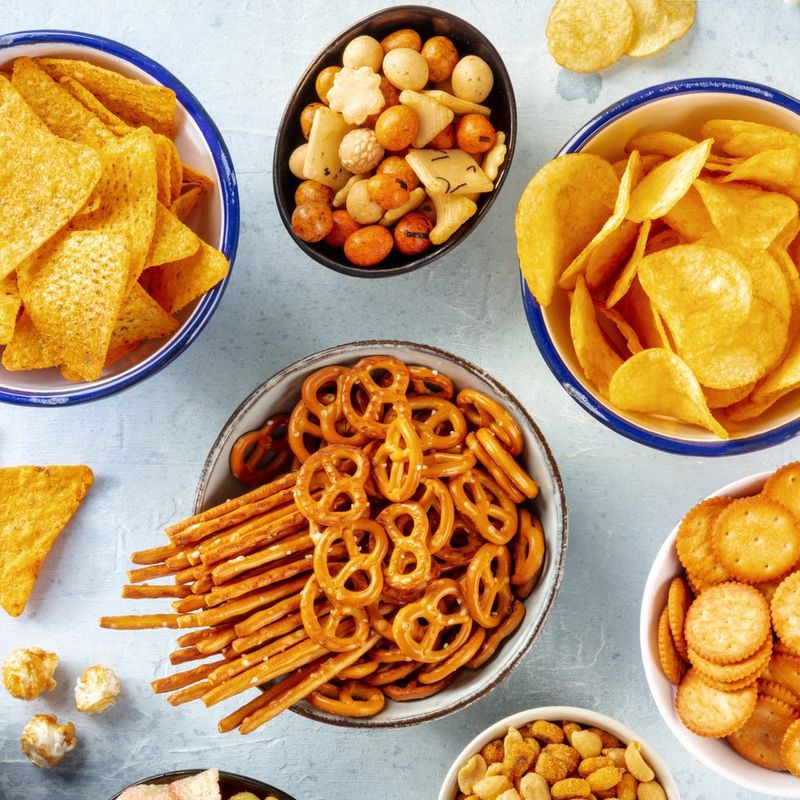
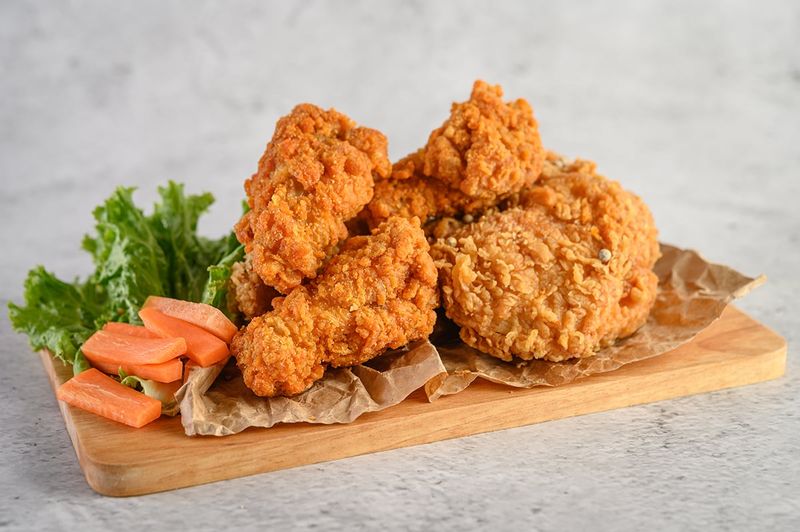

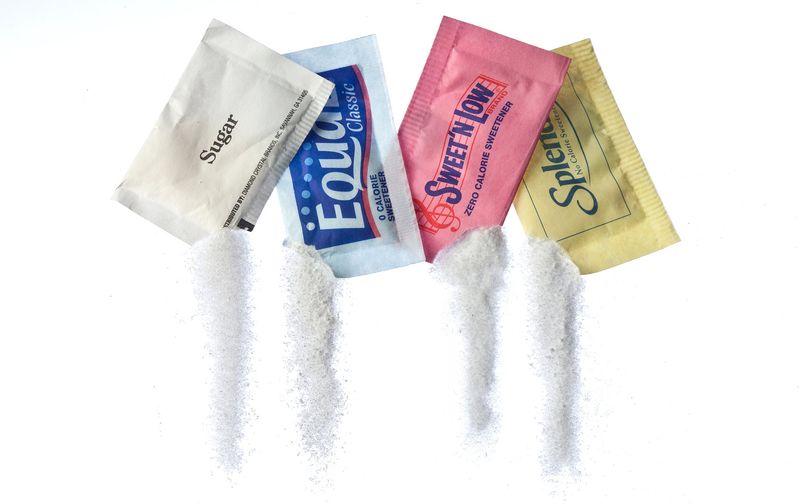
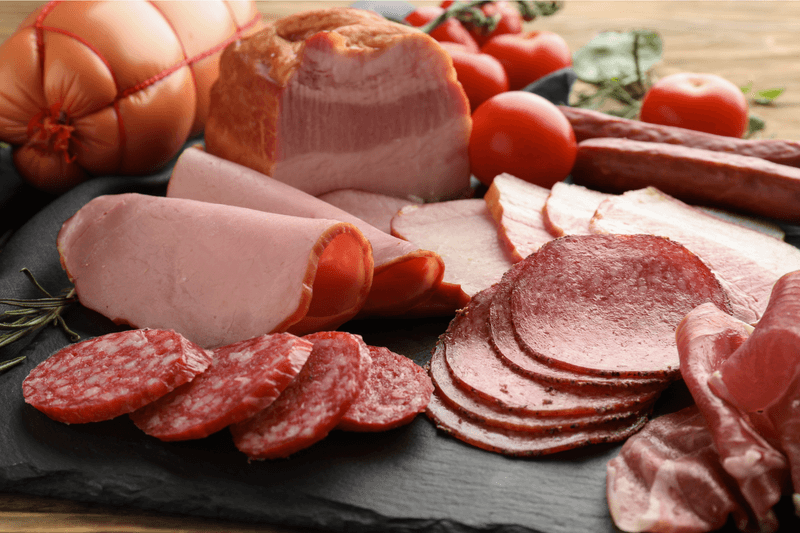
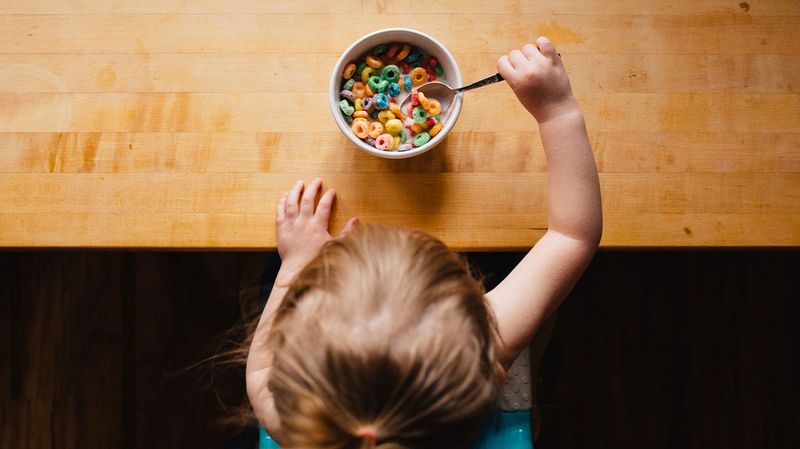

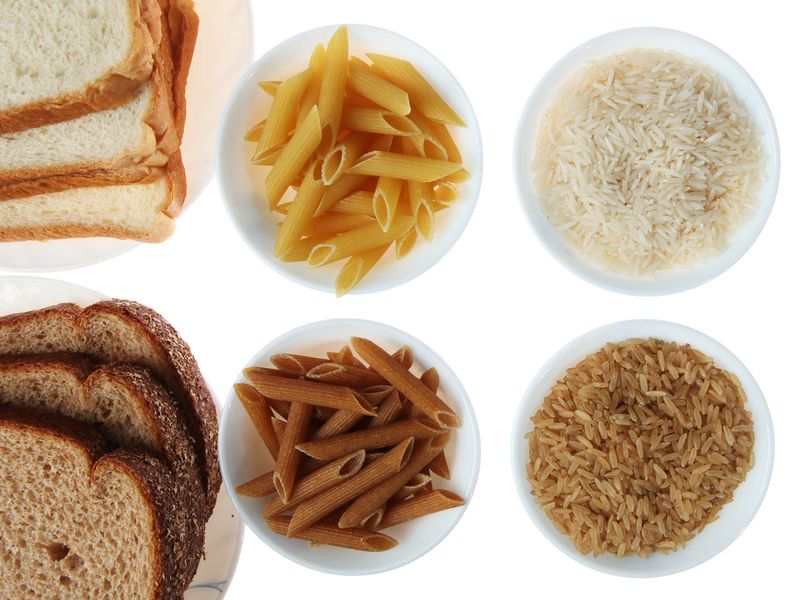

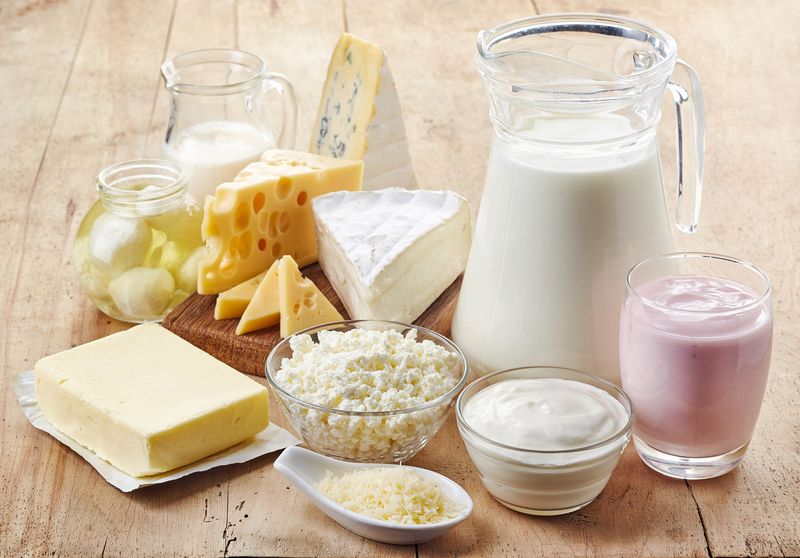
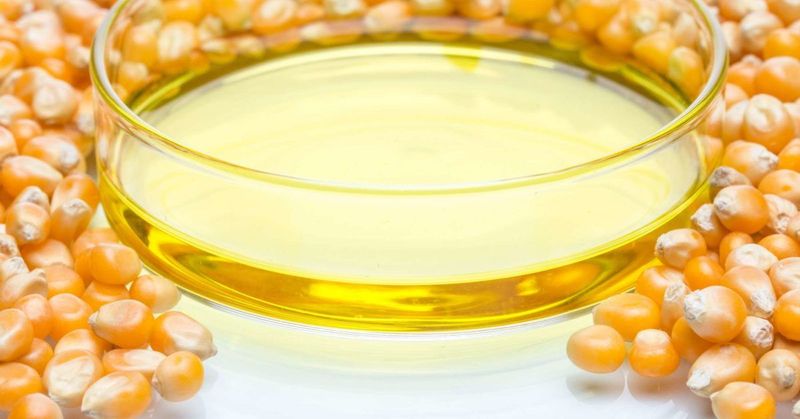

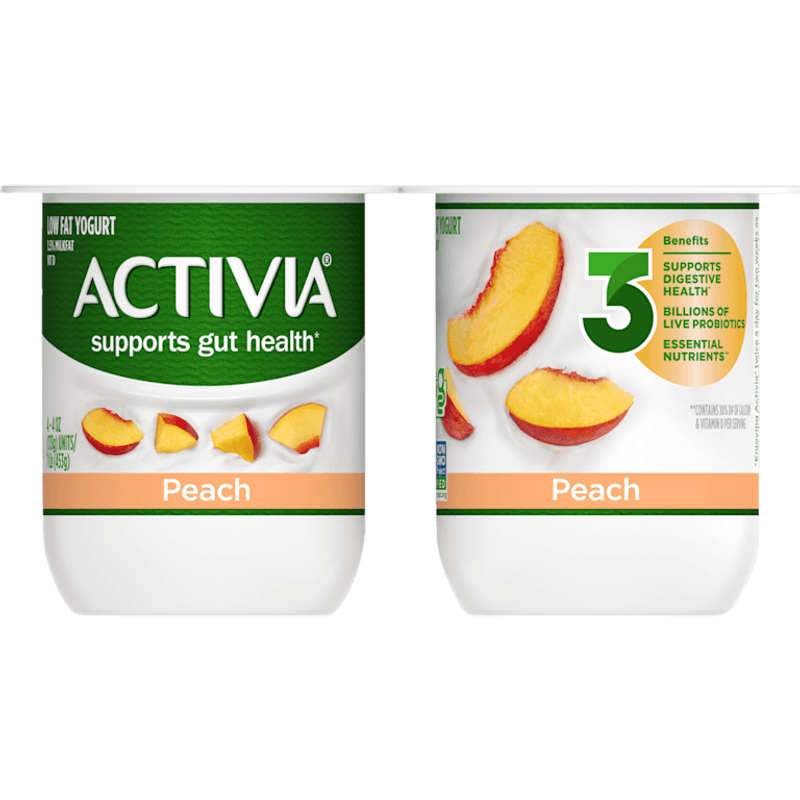
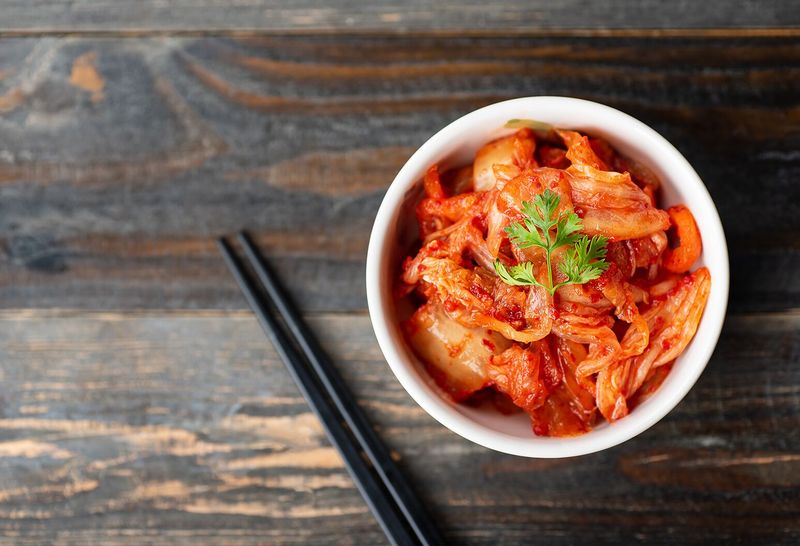
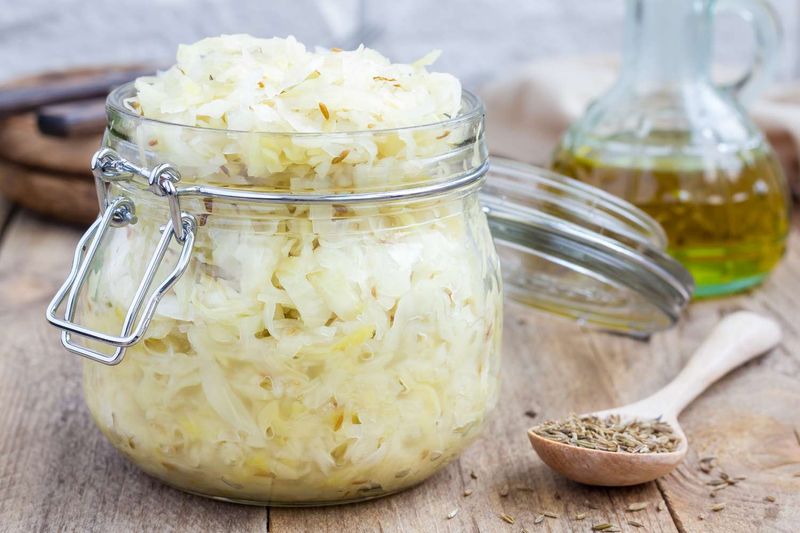
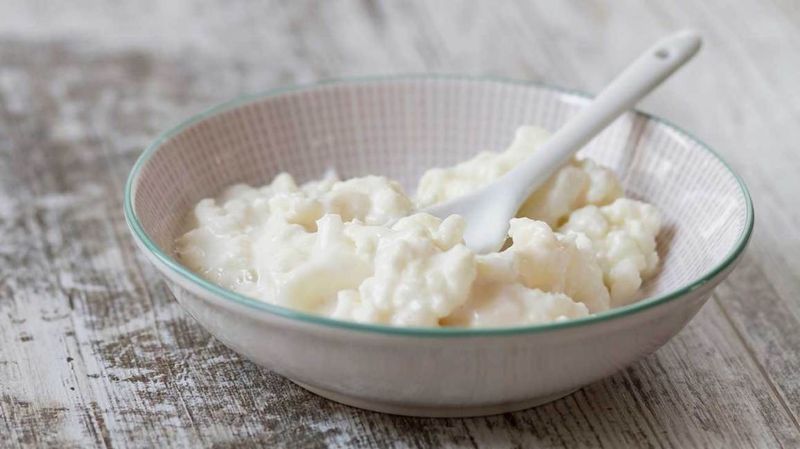
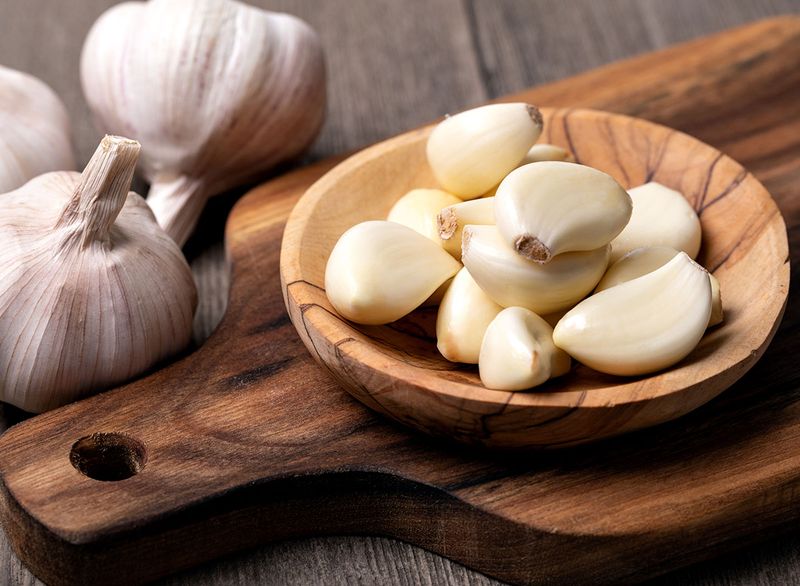
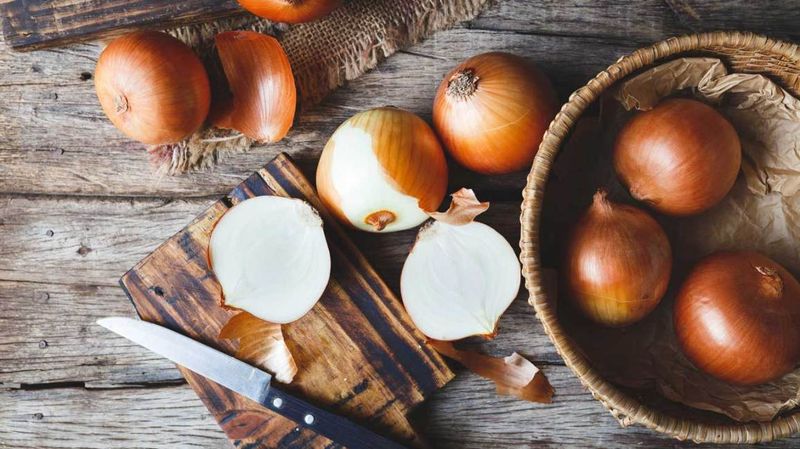


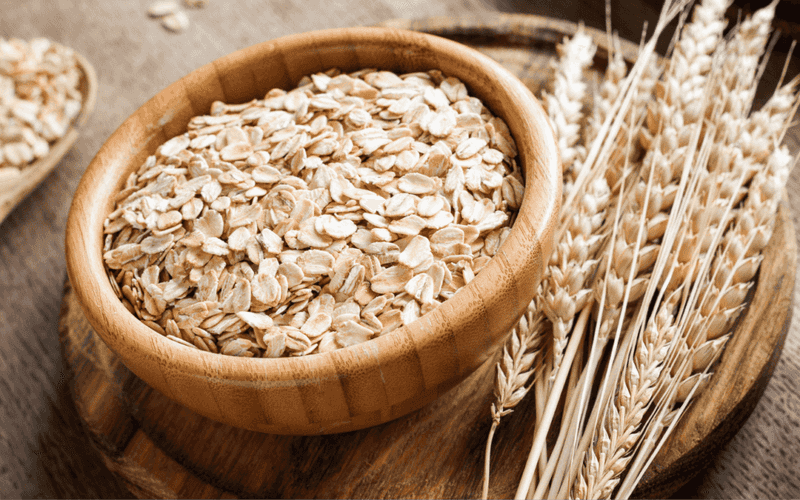
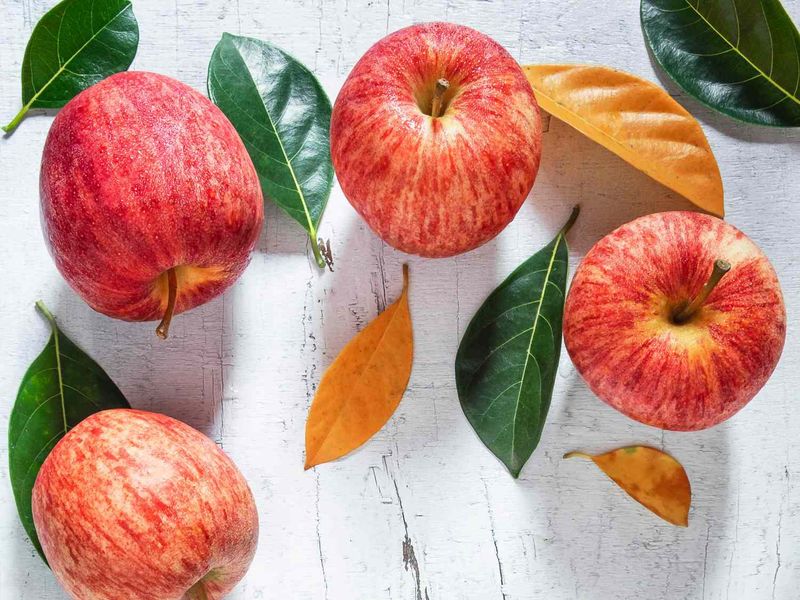
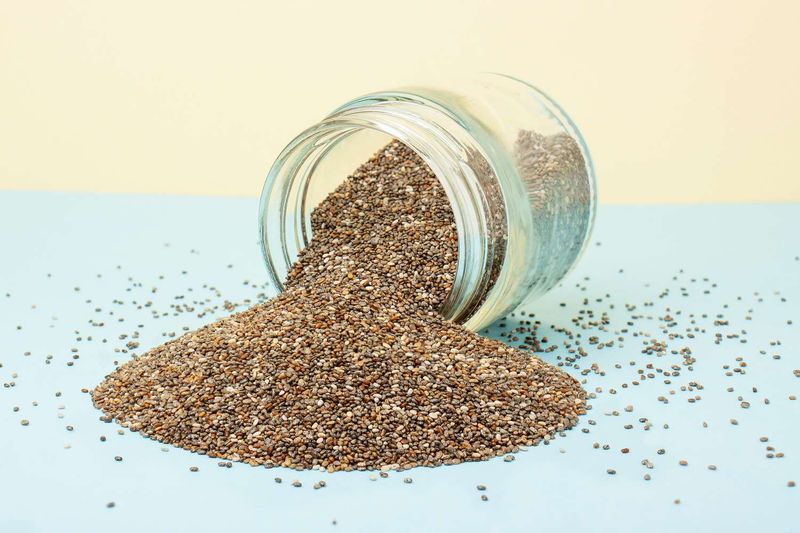
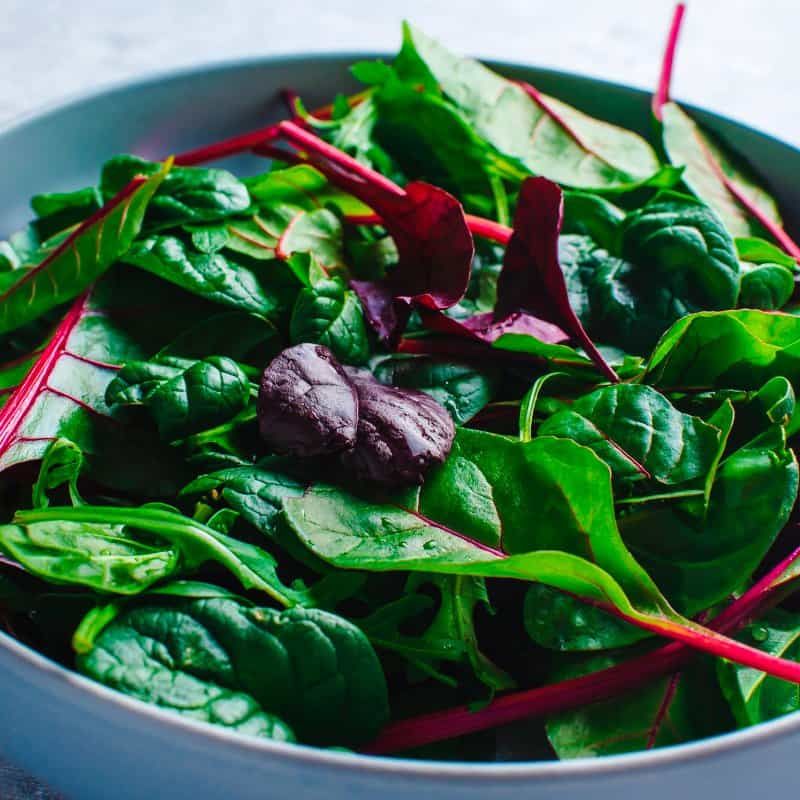
Leave a comment